How To Write Faster With AI
We're going to be looking at how using AI writing tools has completely changed my life. And it's also saved me around 20 hours per week.
I've been writing online for a little while now, and I used to write essays at medical school, I write emails all the time, I communicate with my team on slack and email, and I've written some pretty complex business documents that have just taken me ages
So today we're going to look at how I write faster and save time with AI tools.
I'm going to start off by looking at how I would write essays for university utilizing AI writing tools to save a ton of time. Then I'm going to look at how I use them to write emails. Then we'll look at writing business documents and then I'm going to look at how I use AI writing tools to write social posts. Finally we'll be looking at how I'd write a cover letter or a job resume if I was applying for a job at the moment.
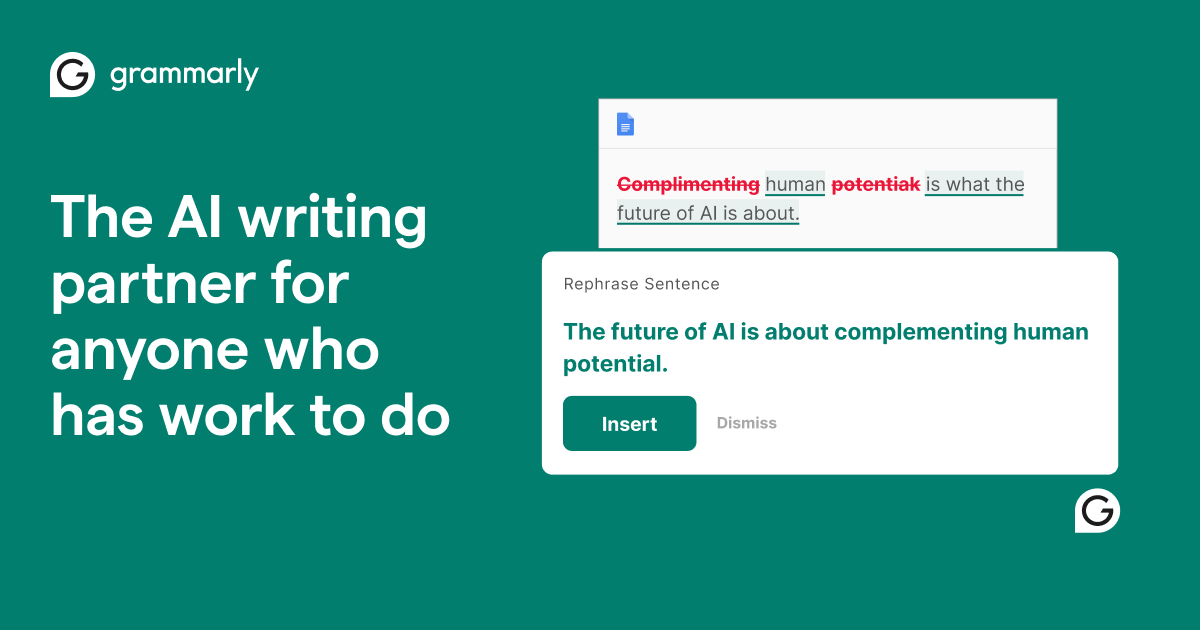
AI Academic Essay Writing
When I was writing essays for things like dissertations or post-grad theses at medical school, I had a system that got me a first every single time.
And I'm going to dive into it practically here and add in how I would utilize today's AI tools to make things even faster and save a ton of time while getting a first every single time.
So first up, what I would do if I was planning an essay is I would split it up into three distinct sections.
The introduction, the body of the text, and then the conclusion.
Now, within the introduction, what we want is to reflect back on the title of our essay.
So let's say the title of our essay is something like "the role of essay writing for human society".
What I might do immediately in that introduction is reflect back and explain what I'm going to discuss in my main body and why I'm writing this essay.
Now, previously, I might have to think that up, but with AI tools, we can short circuit this and get started even faster.
And I can do this simply by putting in a prompt that says something like,
Essay Prompt:
"My essay is about writing and its role in human society. I want you to write an engaging introduction to this essay that grabs the reader's attention and explains what I'm going to write within the essay itself. Please also provide a structure for the rest of the essay, including the body and the conclusion."
And this thing gives me some framework.
The next part of essay writing is then looking at how to actually write the body of the essay. Our AI tools have given us a little bit of a heading here where we can think about a couple of different potential chapters for our essay or our thesis. And we can either accept these or we can tweak them and then we can send them back into our AI tool and ask the AI to map out how we want those individual parts of the body of our text structured.
To humanize the writing I can add in my own tone of voice and this is super cool and helpful, particularly if you're worried about AI tools, just throwing out generic answers and not actually working as a writing partner or assistant and making your text sound a little bit robotic and obvious that it's been written by an AI.
Once we've had that structure, what I'd recommend doing here is going back over things and looking at whether we want to optimize things further, so shortening it or expanding it, or we want to optimize the tone of voice further.
So each time I work through a section of the essay, I'm checking it, I'm optimizing it. I'm paraphrasing it until I get the version of the text that I want and I'm happy with rather than trying to write everything all at once in the click of a button, which isn't going to be that accurate and which is going to make things sound a little bit weird.
So once we're happy with that, we're then going to look at our conclusion.
The conclusion should reflect back on everything we've written in the essay and particularly on the title and the points that we've made in the introduction.
So if we've made a bold claim about writing being absolutely essential to human society we're going to conclude by saying why this is and back it up by reflecting back on what we've written in the essay itself.
We can use any of our AI tools using a particular prompt that says something like:
"I want you to write a conclusion to my essay so far",
and then I can paste in elements of my essay or just simply continue writing from where I last left off.
AI Email Writing
Across all of my businesses, I must write upwards of 500 emails a day, and it can be incredibly time consuming thinking about how to write effectively and concisely when we're writing to try and convince potential customers to buy our product or writing to team members to delegate information or like me where I'm doing a lot of writing for things like newsletters where I'm trying to entertain people and convince them to do something in a succinct way as possible.
One of the big problems that I face is that it's very difficult knowing how to summarize and keep messaging short, where you just want to focus on one particular point and do that really, really quickly.
One of the best things to do is simply to keep it short. But when we try and keep things short, we need to paraphrase things, we need to cut out unnecessary words, and we need to format things on different lines so it's easy to read and it flows.
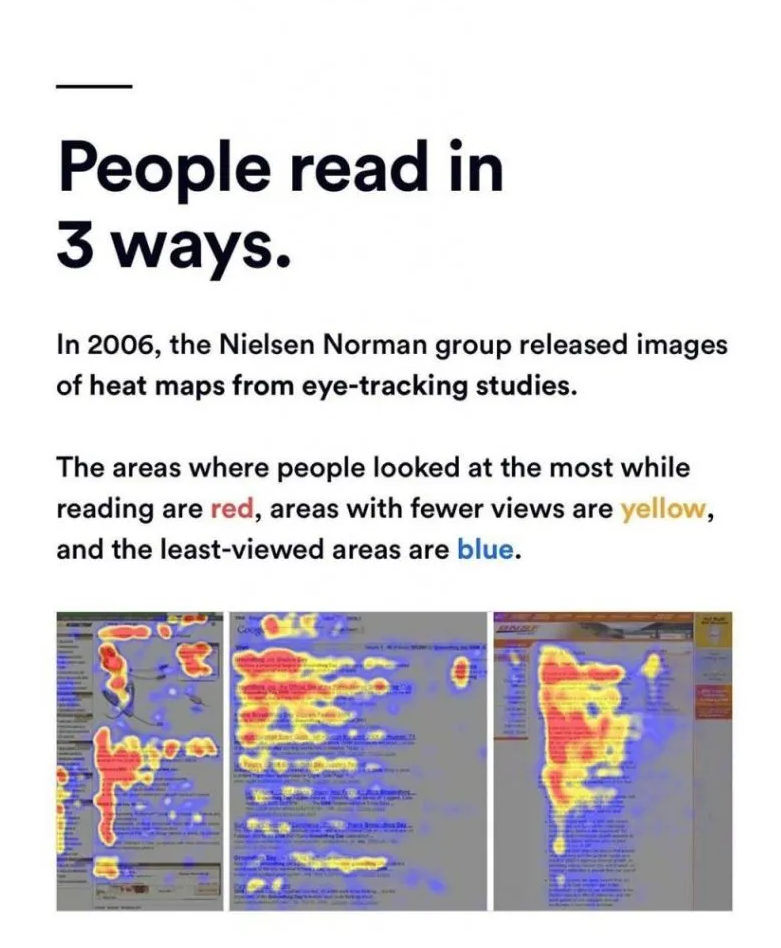
There's a bunch of evidence that shows that email response rates are probably highest for emails where they're written in a kind of F shape, so you've got your first line that's the longest, and then subsequent lines gradually reduce in size, a little bit like the letter F.
But even with that knowledge, it's really difficult actually reducing down and summarizing content. And this is where AI tools can come in to massively save you a ton of time.
If we use AI tools, we can actually select a paragraph of text and ask the AI to summarize this and format it in a way that makes it more succinct, more readable, and makes it more likely for people to actually reply or click on a link within our email.
Now for me, I do this all the time. If I'm writing something to customers, I'll just highlight a piece of text and I'll ask my AI tool that I'm using to summarize things and format it in just two or three lines and give it a persona or identity where they are a marketeer or an email marketing expert, and they're trying to convince the person receiving the email to do something.
AI Business Documents
If you're a business owner like me, you'll probably write things like sales proposals or look through contracts or write internal documentation for your company wiki so that your people know some of your processes and they can find things quickly and understand them easily.
The problem is that writing these types of business documents, particularly things like proposals that should try and persuade your customer to actually sign on the dotted line can be super time consuming and actually really difficult when you have to sit down and write them yourself.
I can use a prompt like:
"Write a business proposal to the UK's NHS for an AI tool that summarizes doctors notes and is priced at £20/user per month for 1000 doctors. Explain it will save them 30% of their time completing mundane tasks like discharge summaries and estimate the cost saving this will make. Persuade the reader of the sales proposal and write in a formal manner."
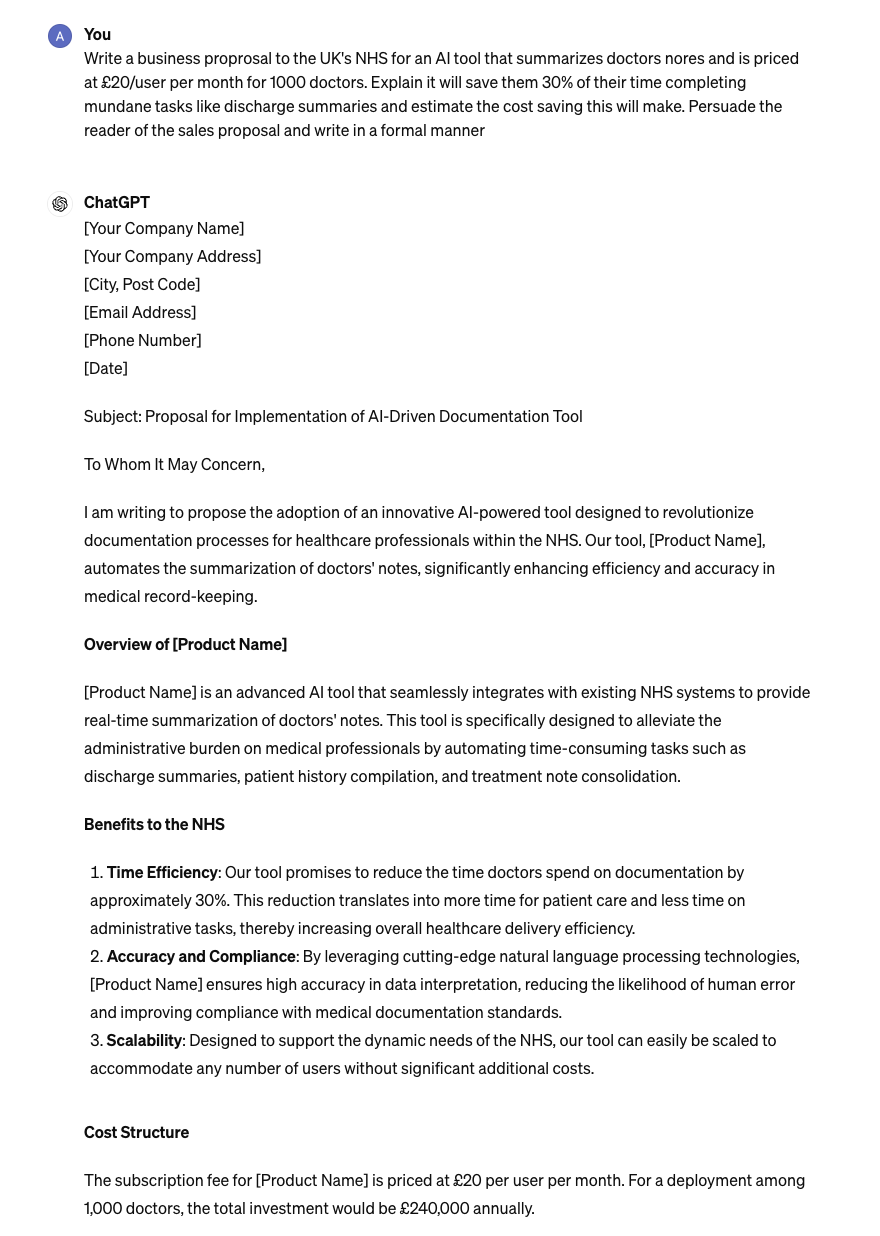
And I can make any changes much more quickly than if I was just doing it manually or trying to copy and paste it into another AI tool, which then leads to that application switching and a little bit of procrastination and slow down where I just want to get a document done.
AI Social Posts
If you follow me on LinkedIn, you'll know that I put out lots of content every single day because LinkedIn is one of the best mediums to build your audience on at the moment because of its organic reach.
I'll post things about being an entrepreneur or I'll share some of the best AI tools a little bit like what I do on YouTube. But one of the things that really helps me here is creating that content using AI writing tools.
If I was to write this out completely by myself, I might not know where to start, I might not have a format, and it would just take me ages.
So there are a couple of things that really helped me to post on LinkedIn and socials that are predominantly text based, like threads or Twitter, which just saved me a heck of a lot of time.
So the first thing is, I always have a system and a template that I'm writing towards. So if we analyze LinkedIn posts that get the most clicks and actually stop people when they're scrolling through their LinkedIn feed, it's often because they're formatted in a very readable and concise way, not too dissimilar from emails.
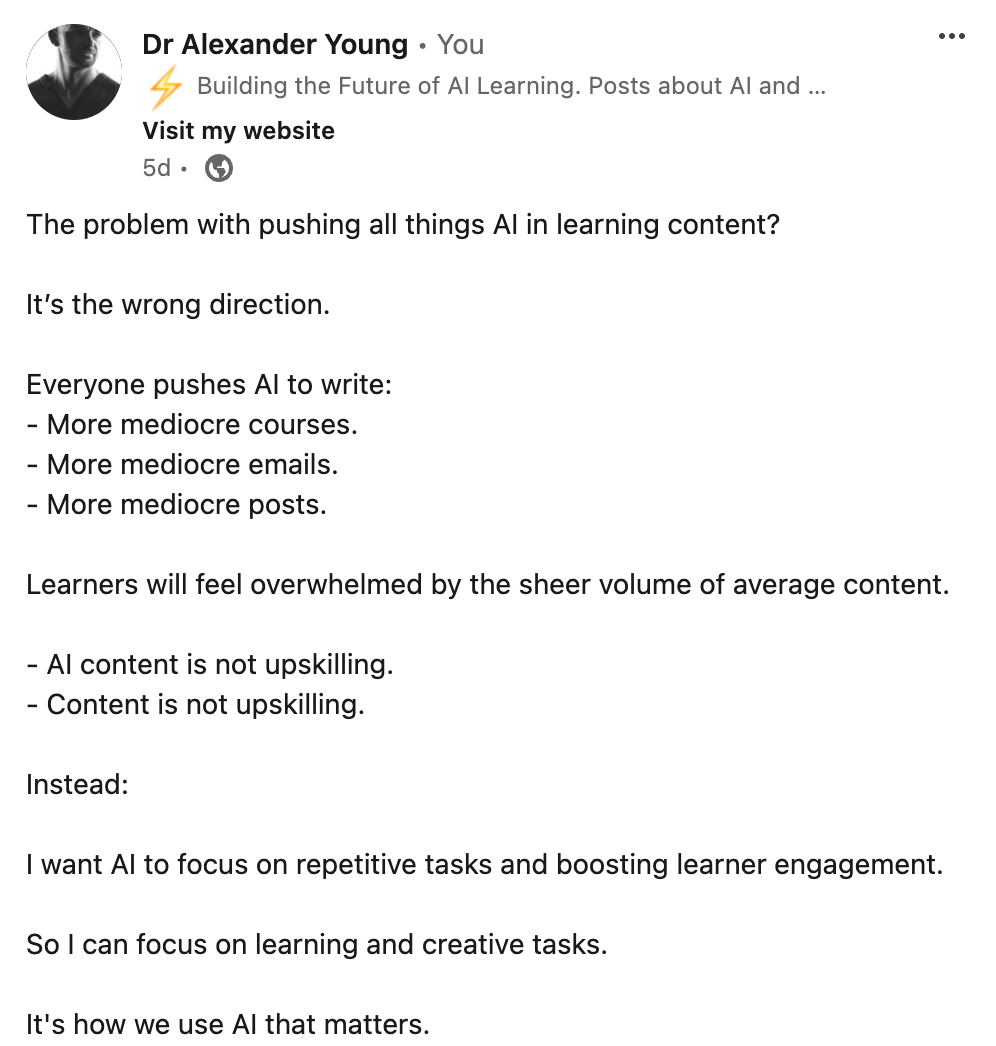
If you format things so that you've got a hook as your first line, which really speaks to the reader of that content. And then you have subsequent points on separate lines and you use things like bullet points to focus information around. It just makes it. So easy for people to read through.
You can then also do some cool things where you structure what you write in a kind of F shape, or you have descending lengths of sentences as you go down your LinkedIn post.
It just makes things a lot more readable. One of the big problems here is that if I was trying to put any content. Into a LinkedIn post and format it in such a way, it'll just take me ages.
And so what I will often do is I will copy and paste a template like this that you can see on screen where it's a format of a LinkedIn and has got good open rates and click through rates.
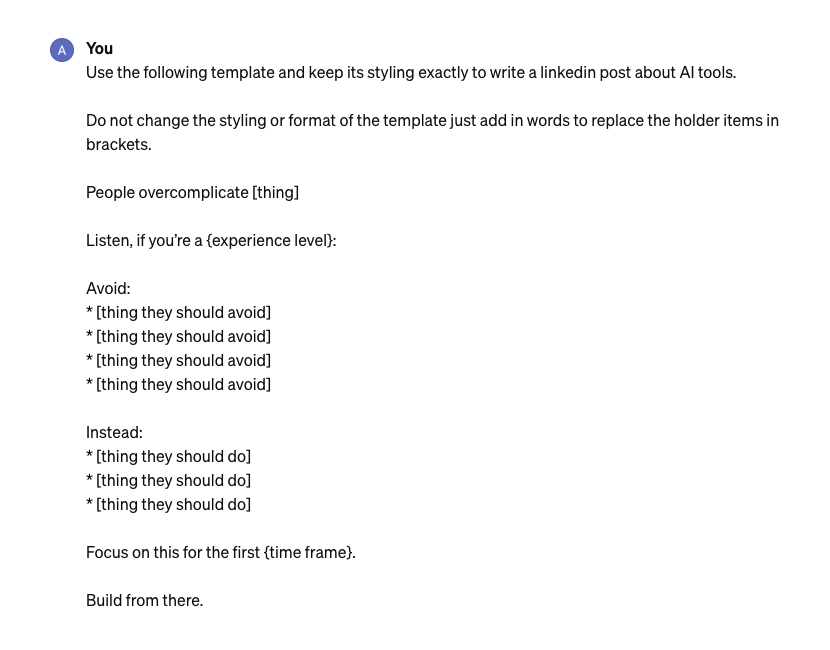
And I will paste this into ChatGPT or another AI tool and then I will ask it to create a post around a particular topic, which is then output in that format. Now I might then go on and tweak that with some of my own thoughts and ideas, but just having that template system and then the AI tool to fill in some of the other areas from a topic saves me. so much time.
It means I can put out a load of content because a lot of the time getting noticed on these platforms is all about the quantity and quality of the topics that you're putting out. And if you want to keep your quality high while putting out a high quantity, then you're going to want to use AI writing tools.
AI Job Descriptions and Cover Letters
Now, the final way that AI writing tools have completely changed my life is when we think about jobs and job descriptions and cover letters.
Putting out the right job description that speaks to the widest audience possible is a real skill. We want to make sure that we're explaining exactly what the job is, what the deal is encompassing and we also want to make sure that there's no inherent bias.
And this is where using AI writing tools can be extremely helpful, not just when you're putting out job descriptions, but as you'll see in a second, even when you're writing your cover letter.
I can instruct my AI to speak in a way that isn't biased and is inclusive in everything that we're saying, and even include things like a specific inclusivity statement at the end of our job description, as well as summarizing the role where it's previously taken me ages of just sitting down and thinking about the components of a role that I'm putting out as a job description.
If you're on the other side of the fence and you're then applying for that job, but perhaps you might be dyslexic or you're not that good at writing or you're just not that persuasive in your writing, writing an effective cover letter can be really difficult too. We want to write in a way that speaks directly to the recruiter or the person that we're applying for a job from.
And so what you can do here is you can take the job description and then ask it to create a cover letter in your own tone of voice, you can also add in some extras here, like highlighting the best parts of your CV or saying how committed you are or why you want this job for a little bit more personalization.
Now each of these five things that I do pretty regularly from essay writing to sending emails to posting on social media to writing job descriptions or business documents has been completely transformed using AI writing tools.
If you write consistently and you improve your writing it could completely change your life.



